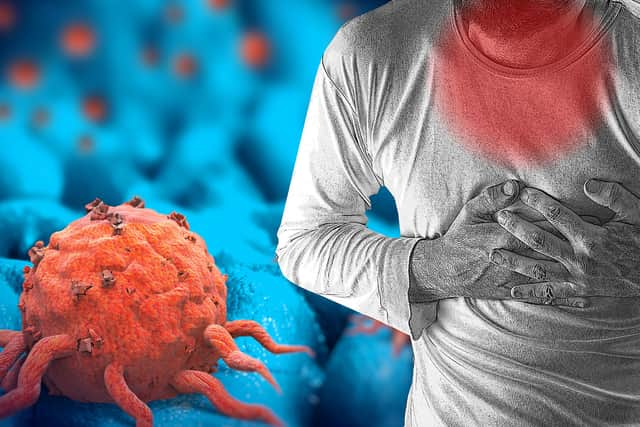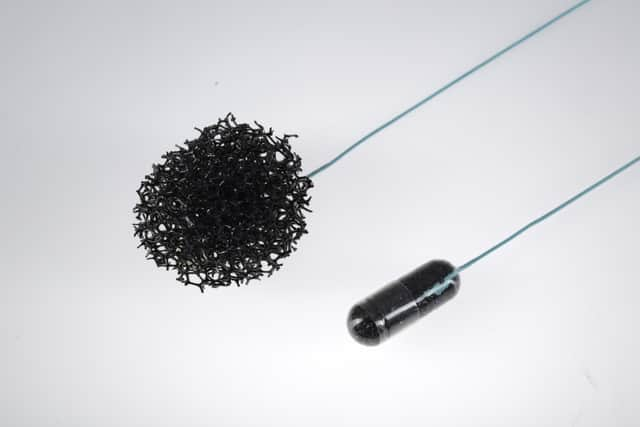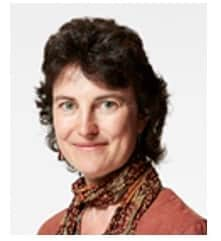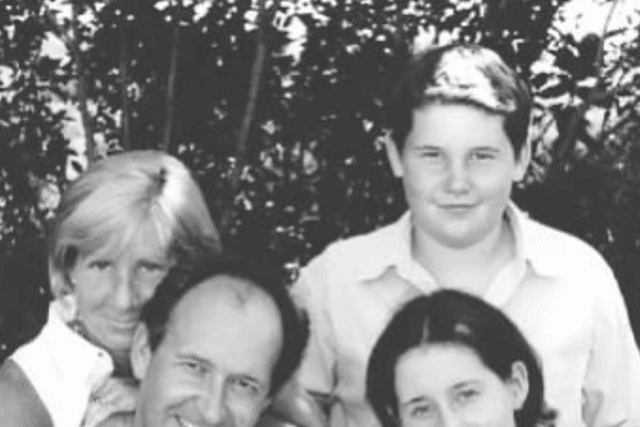Oesophageal cancer: what advances have been made in diagnosing it early and how do they work?
and live on Freeview channel 276
New advances have been made for screening patients in a bid to increase early diagnosis of oesophageal cancer.
One of the tests - the cytosponge has already been rolled out to health boards across mainland Scotland.
Advertisement
Hide AdAdvertisement
Hide AdWhile another innovative diagnostic tool, a breath test, is currently in development.


What is the cytosponge?
The cytosponge test can be offered to some people as an alternative to endoscopy and is used to check people for Barrett’s Oesophagus, but it can also detect early stage oesophageal cancer.
A trial of the test in GP surgeries for those with heartburn symptoms was carried out between 2017 to 2019 and was supported by Cancer Research UK.
The procedure involves patients swallowing a small capsule attached to a thread. The capsule contains a compressed sponge which expands once the pill dissolves. The sponge is pulled back up, collecting cells on the way to be analysed for any abnormalities.
Advertisement
Hide AdAdvertisement
Hide AdIt was developed at the University of Cambridge and professor of cancer prevention Rebecca Fitzgerald who invented it said they had worked on it for a long time.
She said: “The idea is to do something much simpler than an endoscopy to enable earlier diagnosis of oesophageal cancer. It is a capsule tethered to a thread and the capsule contains a sponge which is compressed within the capsule which is about the size of a multi vitamin pill.”


The test, which only takes around 10 minutes, collects 1 to 4 million cells and is then sent to the lab to be tested.
Professor Fitzgerald said: “It can do two things, it can tell you if you have Barrett’s or not and then it can tell you if there’s any signs of dysplasia {difficulty swallowing} or cancer.
Advertisement
Hide AdAdvertisement
Hide Ad“Most people don’t get an endoscopy, most people diagnosed with cancer have never had an endoscopy and don’t know they have the precursor Barrett’s, that’s the main motivation for developing this test.
“You can’t endoscope everyone, it’s just not practical the idea is you can cast the net much wider using a simple test as a triage to then do the endoscopy. You’ll still need the endoscopy because ultimately you’ve got to find out more detailed information confirm the cancer, how advanced is it, potentially treat it down the endoscope or then pave the way more more extensive treatment.
“It’s really to reach many more people in a very accessible way.
“Endoscopies are a bit invasive, unpleasant, cause people stress and also a burden to the NHS.”
Advertisement
Hide AdAdvertisement
Hide AdShe added: “It was Covid in a way that really spurred it into being used clinically because of the issues with endoscopy the worries about aerosol and pressures on the health service in general. That led to a more rapid implementation.
Currently it’s being used in Scotland and England, Professor Fitzgerald said: “It’s being piloted by NHS England by about 30 hospitals. NHS Scotland was the first to implement it across all of their health boards are now using it as a Covid response.”
Evaluations of how it worked will be provided, and both pilots will go on for another year.


What has been said about the test?
Among those backing the use of the cytosponge is Heartburn Cancer UK. The charity was founded following the death of Michael McCord from oesophageal cancer in 2002, when he was just 47 years old. His widow, Mimi, launched the charity in 2003 with the aim of raising public awareness of the dangers of ignoring persistent heartburn and to urge people to seek advice from their GP.
Advertisement
Hide AdAdvertisement
Hide AdDuring the past year the charity has partnered on a scheme to introduce the cytosponge test. Currently the charity is steering a project which will see 1,500 tests performed via a mobile unit in Cambridgeshire, Essex and Suffolk. And it is now fundraising in order to provide a long term mobile diagnostic service, in a wider area.
This could involve utilising the unit the charity has already purchased, expanding the service with investment in further units as well as bringing staff to local community venues or events spaces.
Mimi said: “My husband died at the age of 47, just nine weeks after he was diagnosed with oesophageal cancer. He had heartburn throughout his adult life and he self-medicated which is why I am so passionate about people with persistent heartburn being able to refer themselves for the cytosponge test.
“Access to this test in local communities would represent a huge step forward in being able to find and diagnose oesophageal cancer whilst it is still curable.”


Advertisement
Hide AdAdvertisement
Hide AdJo Stevenson Timini also does what she can to help raise funds and awareness. Jo’s husband Dean Timini passed away from oesophageal cancer on 16 October 2020 at the age of 49 having been diagnosed the previous December with terminal oesophageal cancer that had spread to his stomach.
Jo, 52, said Dean, who was a hairdresser, had experienced heartburn and a persistent cough and described his diagnosis as a “total and utter shock”
She described Dean, from London, as “one of the most beautiful souls” and said :“He was the love of my life. I just still can’t believe he’s gone, but I’m trying to make something positive from his very sad story. “
A friend of Jo’s found Heartburn Cancer UK online, Jo said: “In lieu of flowers as a first step, we did a Just Giving page for Dean and all proceeds went to HCUK. And obviously then I just really felt very passionate about this small cancer charity and what they were trying to achieve with this cytosponge, and it really touched my heart.”
Advertisement
Hide AdAdvertisement
Hide AdStaff at the Lanesborough Hotel in London where Jo works as the executive head of sales and marketing had selected HCUK as their nominated charity. Among its initiatives to raise cash for the charity was donating £5 each time a special item on its menu was ordered during Oesophageal Cancer Awareness Month.
Jo said:“I just wanted to see how I could take my role in my industry and see how I could help them to raise more funds.
“Also, I mean, it’s very dear to me to this charity, but also we’ve lost two of our members of staff also from oesophageal cancer. It’s sort of resonated very deeply with the hotel.”
Have there been any other advances in research?
Guts UK and Olympus are currently funding a 3-year project to explore the use of breath-testing for pre-cancerous cells in patients with Barrett’s Oesophagus.
Advertisement
Hide AdAdvertisement
Hide AdOlympus/Guts UK’s research fellow Dr Sara Jamel was awarded £210,000 for a 3-year project which began in 2019.
The project is looking at the use of breath-testing for pre-cancerous cell changes in patients with Barrett’s Oesophagus.
If successful, the breath test could save lives by diagnosing oesophageal cancer early, when it is far more treatable.
In a previous description about the breath test research Dr Jamel said because they were unable to tell which Barrett’s Oseophagus patients were a high risk of having dysplasia it was difficult to direct endoscopies to those in need, she said breath testing could help counter this.
Advertisement
Hide AdAdvertisement
Hide AdShe said: “The idea is to see if there’s anything we can find in the breath that can tell you who is more at risk at having dysplasia, and direct endoscopy surveillance more towards them. In this way, we will reduce the cost and increase the efficiency of surveillance.”
A message from the editor:
Thank you for reading. NationalWorld is a new national news brand, produced by a team of journalists, editors, video producers and designers who live and work across the UK. Find out more about who’s who in the team, and our editorial values. We want to start a community among our readers, so please follow us on Facebook, Twitter and Instagram, and keep the conversation going. You can also sign up to our email newsletters and get a curated selection of our best reads to your inbox every day.
Comment Guidelines
National World encourages reader discussion on our stories. User feedback, insights and back-and-forth exchanges add a rich layer of context to reporting. Please review our Community Guidelines before commenting.
